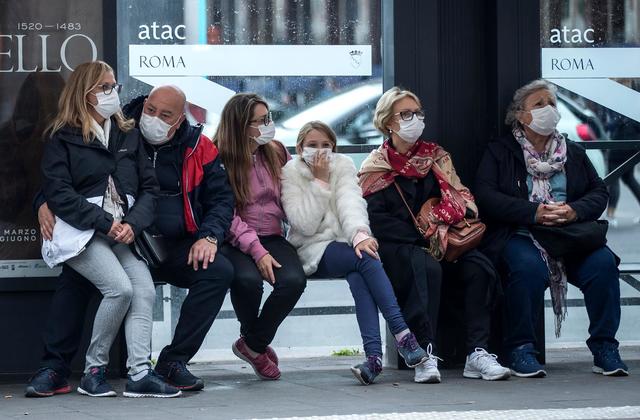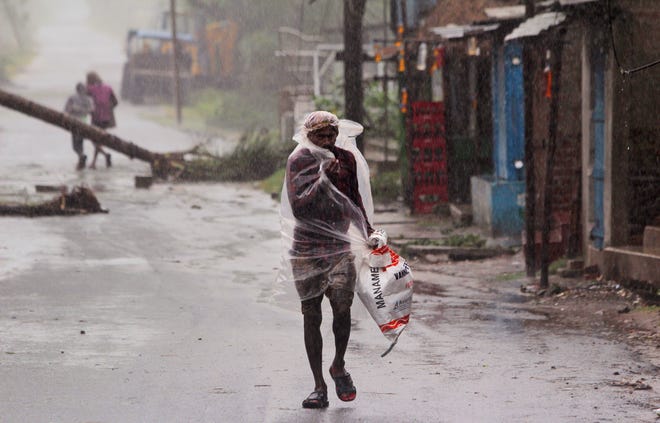|
By Jason Davis, Director of Climate Stories Project During the past several months, many people have written extensively about the connections between the devastating Covid-19 pandemic and the climate crisis. The remarkable similarities between the twin emergencies include the dynamics of denial and delay, the false tradeoff between public and planetary health and the economy, the unveiling of profound societal inequities, and the pressing need for social trust and governmental action in finding solutions. However, while the climate crisis is evolving over years, the pandemic is unfolding day-by-day. It is safe to say that those of us engaged with climate change are disoriented by the turn of events. I had a sense for the rough contour of the next decade: without drastic change, CO2 will continue to be emitted, seas will rise, crops will wither, and societal bonds will fray. Given the suddenness and severity of the Covid-19 pandemic, nearly everyone on Earth has a personal “virus story,” ranging from the tragic death of family members and severe health impacts to a gnawing sense that the world as we know it has changed, possibly forever. It’s clear that severe societal, public health, and economic disruption can come from unexpended quarters and the veneer between business as usual in developed countries and disruption and confusion is razor thin. Lately, I’ve started asking people to speak about the connections between their virus story and their climate story. Reflecting on the pandemic, interviewees recount how their sense of normalcy and familiar routines fell away, seemingly secure employment evaporated, and close personal relationships were forced online. The pandemic is adding urgency to the need to share stories that bind us together in collective responses to global threats. Can we tap into our intimate stories about the pandemic to access our climate stories? Like virus stories, climate stories reflect vast inequities in degree of threat, exposure to risk, and available resources to adapt to climate impacts. Some people, such as members of Inuit coastal villages and residents of low-lying islands, are facing imminent dislocation from their homelands, while some those of us fortunate who live in relatively developed countries may be observing subtle seasonal shifts and anxiously anticipating future disruption and dislocation. Perhaps this pandemic has opened our perception into the dark shadows of societal climate grief, making it easier to access our concern for planetary health and our raw feelings around climate disruption. While deeply confusing and painful, this crisis presents a valuable opportunity to reorient our relationship to public and environmental health, and to connect with people from around the world around pressing threats to health and livelihoods. It is imperative that we seize this moment to push for deeper engagement with each other as we seek a meaningful way forward through both the immediate pandemic and the long emergency of climate change.
1 Comment
|


 RSS Feed
RSS Feed